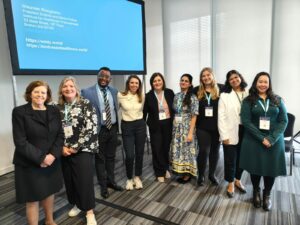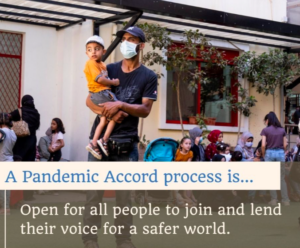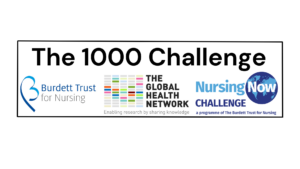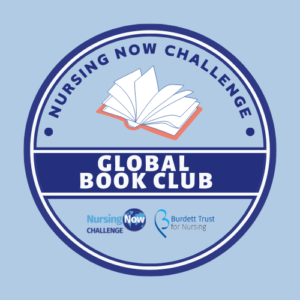Female Genital Schistosomiasis – one of the world’s most neglected SRHR issues.
Schistosomiasis, also known as bilharzia, is one of the most neglected tropical diseases in sub–Saharan Africa, affecting poor and rural communities, especially agricultural and fishing populations. In terms of impact, this disease is second only to malaria as the most devastating parasitic disease, causing significant morbidity and keeping populations trapped in poverty.
A chronic complication of persistent schistosomiasis infection is Female Genital schistosomiasis (FGS). Parasite eggs are deposited in the uterus, vaginal wall, vulvar, or cervix, and can lead to inflammation and lesions developing in the reproductive tract. Women and girls are exposed through everyday activities involving fresh water, such as swimming, washing clothes, gathering water, and bathing. Communities that lack access to adequate sanitation and safe water sources are therefore, particularly at risk.
FGS has been identified as a leading HIV/AIDS cofactor in sub-Saharan Africa due to the significant geographic overlap between areas affected by HIV/AIDS and those with a high prevalence of FGS. Research has shown it may be significantly impacting the HIV epidemic in sub-Saharan Africa by making young women more susceptible to HIV. As FGS of the cervix may impact the immune system’s reaction to HPV infection, data also suggests a link between FGS and HPV, the virus that can cause cervical cancer.
An estimated 56 million women and girls suffer from FGS, nearly all in sub-Saharan Africa, and it remains one of the most severely neglected issues in women’s and girls’ health globally. Community-level awareness of FGS is lacking in places where the disease is endemic. Health care providers may not have received training about FGS, as it is not currently included in nursing curricula of endemic countries, and misdiagnosis and mismanagement are frequent.
Multi-sectoral partnerships and integrated programmes are needed in endemic areas to ensure that a holistic approach is used to address FGS. For example, HPV prevention and cervical cancer screening programmes, HIV and reproductive health and maternal health programmes. The FAST Package is one such holistic approach to tackling FGS, combining community awareness, prevention, training, diagnosis and treatment through a diverse partnership of global and national partners in order to integrate FGS in existing health care platforms. FAST was piloted in Ghana and Madagascar between 2020-2022 and is now looking to scale up and extend its impact into other endemic countries.
In 2021, the FAST package ran an online global training programme, the first of its kind, for health workers across Africa. A total of 1,527 health professionals representing 60 Anglophone and Francophone countries registered their interest in the training and over 400 completed it. In early 2022, face-to-face training workshops took place in Ghana to focus on training subject matter experts in FGS. Participants included clinicians, nurses, midwives, health information officers, and other health personnel from across Ghana who have since gone on to train others in their areas of practice to be able to diagnose and treat FGS. The success of this cascade training has been unprecedented, with many more cases of FGS now diagnosed and reported through the Ghanaian health system. Nurses can now recognise the symptoms of FGS and treat or refer a woman appropriately, ending years of mismanagement and suffering. Treatment with the deworming drug Praziquantel is cheap and effective and can be administered across different health platforms including HIV, family planning, maternal / child health, cervical cancer screening, the list goes on.




